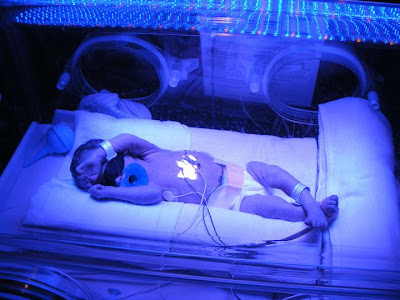As a family being formed through adoption and biological birth, we welcome talk about adoption! Most adoptive families love talking about the ups and downs of adoption, but often times, words can have a strong meaning for an adoptive family (especially an adopted child). Therefore, here are some positive adoption language you can use while talking with an adoptive family or a child who has joined a family through adoption.
Question: Are you going to have children of your own?
Instead: Do you plan on having biological children too?
Instead: Do you plan on having biological children too?
The phrase “your own” implies that a family's adopted child is not “their own” and automatically sets that child apart from the rest of the family. It implies that the genetic relationship is stronger and more true and that an adoptive relationship is cautious and possibly temporary. While we know this to not be true, it can be offensive to an adoptive family and devastating for an adopted child to hear. The words "my" and "own" are very personal, especially to a child. Something that is "their own" has powerful connotation in their world, and if they aren't hearing themselves as their parents "own" it can be confusing and painful.
Question: Why did their parents give them away?
Instead: Why did their parents make an adoption plan for their child?
In using the phrase “give them away” it sounds as though the birth parent(s) didn’t care about their child and were “giving it away” as if it were an object and unimportant. However, despite many negative portrayals of birth families in the media, this is the farthest from the truth. It is an incredible, courageous act of love to make an adoption plan for a child, even under the most difficult circumstances. It is a plan for the child to have the best possible future they can, and is not “giving them away.”
Question: Where is he/she from?
Instead: Where was he/she born?
In using the phrase “where are they from” it implies it is a foreign, unfamiliar concept that someone would come from another place rather than where you are from. It can make the child feel like an outcast. Using the phrase "where were they born," helps instill a sense of pride in the child about their heritage and birth country.
Phrase: Mia is adopted.
Instead: We adopted Mia.
In using the phrase “is adopted” the child’s identity is stated as the fact that they are adopted. Adoption is a point in a time, a specific point when a child joins their forever family. From that point on, they are every bit as part of the family as if they were born biologically into the family.
Here are some other adoption terms you might hear and the positive way to say them instead. Positive adoption language helps to lessen the amount of adoption misconceptions in our society, and helps adopted children feel every bit a part of their family as their non-adopted siblings.
Negative Word/Phrase – Positive Word/Phrase
Negative Word/Phrase – Positive Word/Phrase
· real parent – biological parent
· adoptive parent – parent
· keeping a child – parenting a child
· foreign child – a child born in another country
· available child – waiting child
· reunion – meeting
“Respectful adoption language, however, is important. Just as in advertising we choose our words carefully to portray a positive image of the product we endorse (selling Mustangs rather than Tortoises, New Yorkers rather than Podunkers), and in politics we take great care to use terminology seen positively by the class or group of people it describes. Adoption is a beautiful and healthy way to form a family and a responsible and respectable alternative to other forms of family planning” (Patricia Johnston). Using positive adoption language can be a great encouragement to families touched by adoption.































